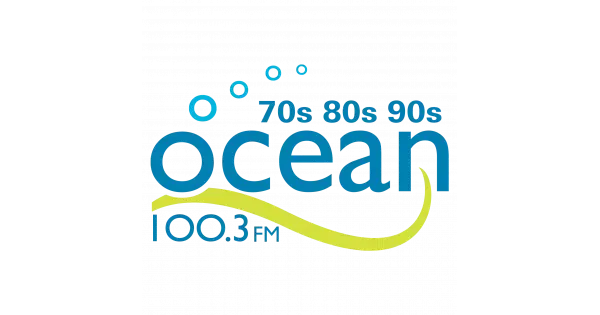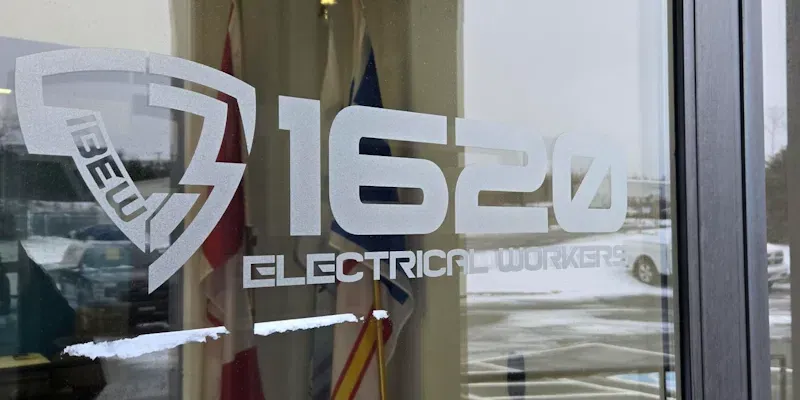
B.C. Launches Revolutionary Short-Term Rental Registry to Combat Housing Crisis!
2025-01-20
Author: Jacob
Introduction
In a bold move to tackle the pressing housing shortage in British Columbia, the provincial government has announced the launch of a new short-term rental (STR) registry. This initiative is aimed at curbing illegal practices by speculators and ensuring more homes are available for local residents.
Government's Statement
"We are taking action to help more people find a home in the communities they love by reining in speculators who are operating illegally," said Minister of Housing and Municipal Affairs, Ravi Kahlon. This new registry is designed to enable compliant hosts to continue welcoming guests while intensifying efforts against those who flout the rules.
Registration Requirements
All short-term rental operators in B.C. will be required to register with the province, regardless of whether they’re listing on platforms like Airbnb or Vrbo, and even if they operate beyond areas with a principal-residence requirement. The registration process is straightforward; hosts must complete an online application.
Registration Fees
Those who successfully register will receive a provincial registration number, which must be prominently displayed on their online listings starting May 1, 2025. Listings without this number will be taken down after June 1, 2025.
The registration fees are set at: - $100 per year if the host resides in the rental (e.g. renting out their home while away). - $450 per year if they do not reside in the rental (e.g. a separate suite or cottage). - $600 per year for an entire strata hotel.
Early Registration Incentives
To incentivize early compliance, hosts will enjoy a 50% discount if they register by February 28, 2025, and a 25% discount for those registering by March 31, 2025. The revenue generated from registration fees will be utilized to bolster STR enforcement across communities in B.C.
Complementary Regulations
This provincial requirement complements the regulations set forth by local municipalities and governing bodies, further tightening the grip on illegal short-term rentals. Recent data from the provincial ministry indicates a promising trend, with a 10% decrease in entire homes listed on short-term rental platforms in areas that enforce a principal-residence requirement since March 2024. This evolution is expected to create additional housing options for the local population.
Broader Strategy
The move to implement a provincial registry is part of a broader strategy within the government's $19-billion "Homes for People" initiative. Since 2017, more than 90,000 homes have been delivered or are underway, with ambitious plans to introduce thousands more in the coming decade.
Local Support
Local leaders have expressed their support for the initiative. Vancouver Mayor Ken Sim emphasized the city’s commitment to balancing tourism and housing needs, noting, "It’s vital to ensure there’s enough housing for everyone who wants to live here." Meanwhile, Walt Judas, CEO of the Tourism Industry Association of B.C., celebrated the launch as a critical step towards ensuring adequate housing for residents while accommodating visitors.
Related Study Findings
In exciting related news, a McGill University study revealed that previous efforts to curb short-term rentals in B.C. have led to a 5.7% decline in rent prices, translating into savings of over $600 million for residents in 2023 alone!
Conclusion
B.C.'s initiative to create a short-term rental registry appears to be a progressive step toward addressing the housing crisis while maintaining a vibrant tourism economy. As further developments unfold, residents and tourists alike may find the balance between home accessibility and visitor accommodation more equitable than ever.
For More Information
For more information on registering an STR, visit: [B.C. Short-Term Rental Registry](https://gov.bc.ca/strregistry).









 Brasil (PT)
Brasil (PT)
 Canada (EN)
Canada (EN)
 Chile (ES)
Chile (ES)
 Česko (CS)
Česko (CS)
 대한민국 (KO)
대한민국 (KO)
 España (ES)
España (ES)
 France (FR)
France (FR)
 Hong Kong (EN)
Hong Kong (EN)
 Italia (IT)
Italia (IT)
 日本 (JA)
日本 (JA)
 Magyarország (HU)
Magyarország (HU)
 Norge (NO)
Norge (NO)
 Polska (PL)
Polska (PL)
 Schweiz (DE)
Schweiz (DE)
 Singapore (EN)
Singapore (EN)
 Sverige (SV)
Sverige (SV)
 Suomi (FI)
Suomi (FI)
 Türkiye (TR)
Türkiye (TR)